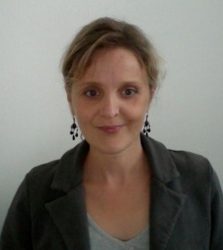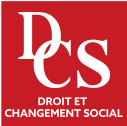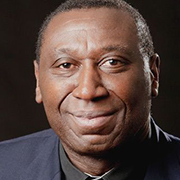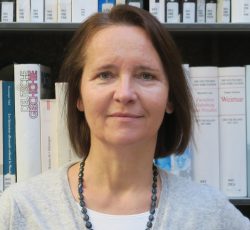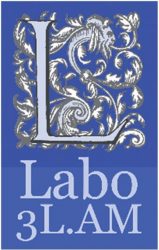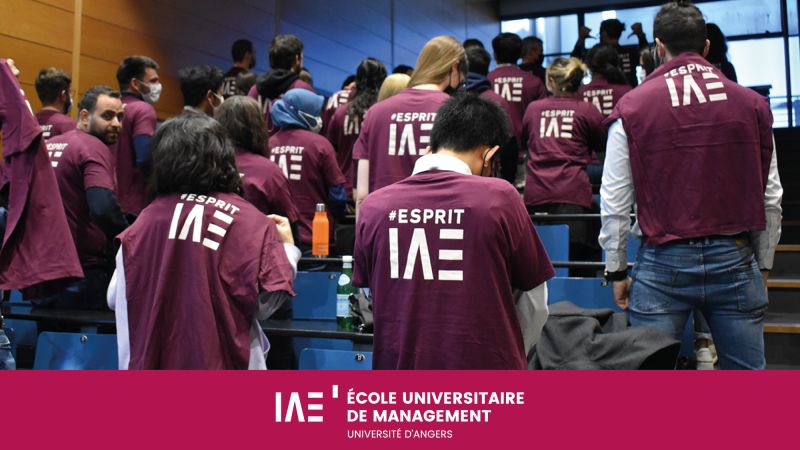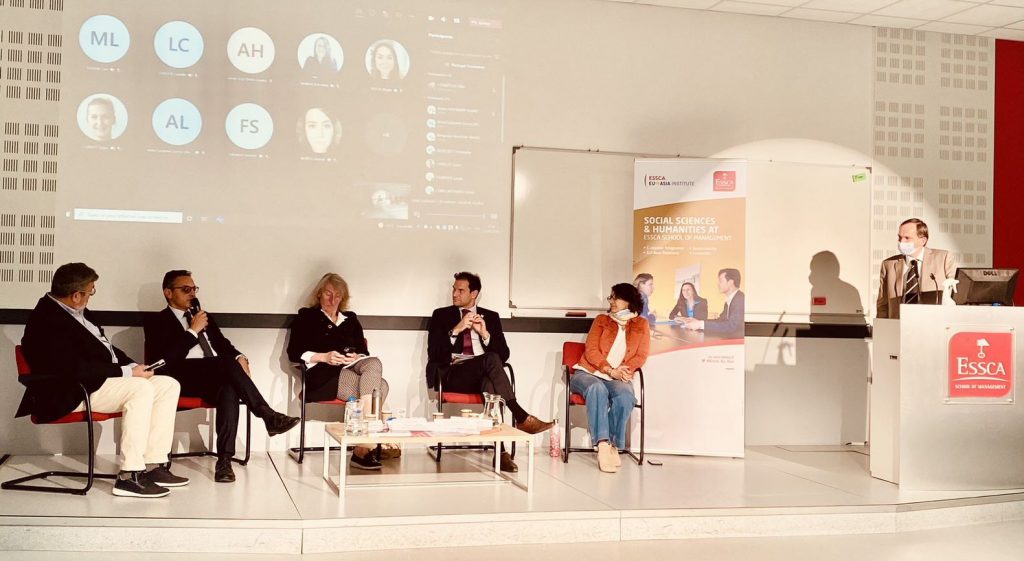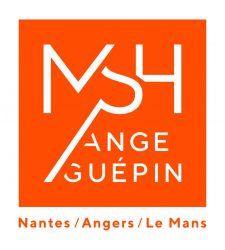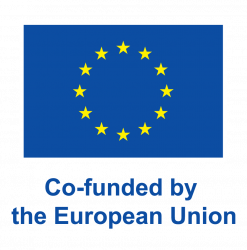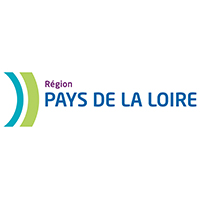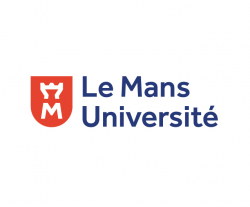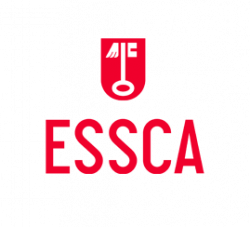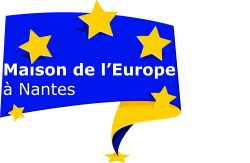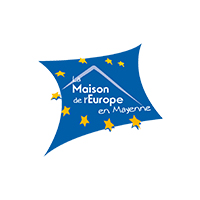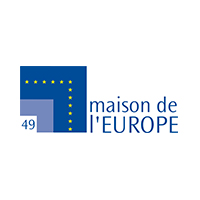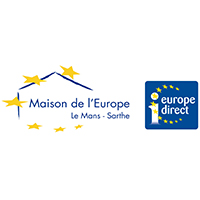
This network programme is coordinated by Stéphanie MORANDEAU, Philosopher at the University of Nantes – DCS. It is supported by the Alliance Europa Institute for European and Global Studies in the framework of its “International Networks” call for proposals and applications for a period of 18 months (July 2021 – December 2022), in order to develop an international network of researchers around the project.
This network project is entitled “Citizenships and identifications in Europe”. It aims to understand the evolution of these concepts from interdisciplinary analyses and is organized around two main axes: the first one deals with citizenship and identifications with a focus on identity phenomena; the second one deals with the notions of citizenship and mobilities, which offers a general reflection on the evolution of citizenship in a changing world. The project is constituted of a network with academic and non-academic partners whose aim is to open spaces for dialogues and exchanges allowing the dissemination of innovative content to scholars and civil society actors.
There are five academic partners :
– The University of Giessen (Germany) with Bettina Severin-Barboutie and Katharina Stornig, historians and specialists in the contemporary history of migration, exchange and
intercultural problems. Their activities are divided into two parts: research on the one hand and outreach to young people on the other.
– The University of Innsbruck (Austria) with historian Dirk Rupnow, whose work focuses on migration and identity issues in Europe.
– The Ivo Pilar Institute (University of Zagreb, Croatia) with Caroline Hornstein-Tomic, philosopher, whose activities are at the intersection of studies on migratory processes and their application within civil societies (especially those of South-Eastern European countries).
– The University of Bologna in Forli (Italy) with Giuliana Laschi, historian, specialist in the history of integrations (economic, political, cultural) in Europe.
– The University of Luxembourg (Luxembourg) with Philippe Poirier, political scientist, specialist in comparative politics in Europe.
Project leader
Stéphanie Morandeau
Human and Social Sciences Engineer - Law and Social Change (CNRS/UMR6297) - University of Nantes
A doctor of Philosophy and Engineer at the CNRS, her work focuses on 19th-century republican philosophy, its ideologies, its currents (positivism, anti-colonialism), and its relationship to European colonial policy. It also covers post-colonialism, identity issues and citizenship processes in Europe.
Stéphanie Morandeau was one of the coordinator of Alliance Europa’s Research Axis 2, “Plural societies and identity building”, and co-leader of the research project “CITER – Europe and the borders of citizenship in Europe”.
She is currently coordinating the research network Citizenships and identifications in Europe (CITIDEN).
https://www.univ-nantes.fr/stephanie-morandeau
Droit et changement social, UMR 6297 CNRS (University of Nantes)
DCS (Law and Social Change) is a joint research unit between CNRS and the University of Nantes, with a legal focus and whose aim is to develop interdisciplinary relations. The common basis of the laboratory lies in its overall objective: to understand the role of law in the transformations of contemporary society. DCS emphasizes the observation of practices and approaches for evaluating the effectiveness of legal norms.
http://dcs.univ-nantes.fr
Project co-leaders
Félicien Lemaire
Professor of public law - Director of the Jean Bodin Centre - University of Angers
As Professor of public law at the University of Angers, his teaching focuses on constitutional law, the law of fundamental freedoms, constitutional litigation and European constitutional justice. His research topics mainly concern constitutional law through issues regarding the sovereignty of the State, the indivisibility of the Republic, the self-determination of peoples and their identity and the law of fundamental freedoms, in particular discrimination and the principle of non-discrimination.
Félicien Lemaire was one of the coordinator of Alliance Europa’s Research Axis 2, “Plural societies and identity building”, and co-leader of the research project “CITER – Europe and the borders of citizenship in Europe”.
He is currently co-leading the research network Citizenships and identifications in Europe (CITIDEN).
Centre Jean Bodin
The Jean Bodin Centre at the University of Angers is a research laboratory in law and political science. In 2008, the laboratory was awarded the status of welcoming team (CJB UPRES EA n°4337), for which it had applied in November 2006, by the Lettres Langues Sciences Humaines et Sociales (LL-SHS) research centre. This team (private law, public law, history of law, political science) includes 49 teacher-researchers and researchers, 42 PhD students and 3 administrative staff (BIATSS).
http://centrejeanbodin.univ-angers.fr/fr/index.html
Gwénola Sébaux
Professor of German Civilization - 3L.AM (EA 4335) - Catholic University of the West
Gwénola Sebaux has a doctorate in Germanic studies and is Professor of German civilisation at the Catholic University of the West. She is a specialist in German migration history and policy.
She heads the LÉMIC research team (Littératures-Étrangéité-Mutations-Identités culturelles). She is a member of the Franco-German Committee of Historians.
Her research focuses on German minorities in Central and South-Eastern Europe and the former USSR, and on migration and post-migration policy in contemporary Germany. She has devoted a significant part of her work to the Aussiedler, and to the analysis of the political and socio-cultural roots of these exogenous German population movements in the 20th century. Her research also focuses on the rhetoric and practices of memory, and on identity phenomena in the post-colonial and post-migration context.
Gwénola Sebaux was one of the coordinator of Alliance Europa’s Research Axis 2 “Plural societies and identity building”, and co-leader of the research project “CITER – Europe and the borders of citizenship”.
She is currently co-leading the research network Citizenships and identifications in Europe (CITIDEN).
http://recherche.uco.fr/chercheurs/mme-sebaux-gwenola-6530.kjsp?RH=SITE3_RP4-FR
http://www.historikerkomitee.de/
3L.AM – EA 4335 (UM, UA)
The Languages, Literature, Linguistics laboratory of the Universities of Angers and Le Mans (3L.AM Lab), Welcoming Team No 4335, is a Research Unit present on two sites, noted A by the Agence d’Evaluation de la Recherche et de l’Enseignement Supérieur (2011 evaluation campaign). It brings together 60 teacher-researchers (40 in Le Mans and 20 in Angers) and welcomes 40 PhD students.
http://3lam.univ-lemans.fr/fr/index.html
Academic partner
GIULIANA LASCHI
Professor of Contemporary History at the University of Bologna, President of the EUROPA PUNTO Centre in Bologna.
Giuliana Laschi was invited to the University of Nantes as part of the chair of excellence of Labex EHNE (Writing a New European History) for 4 months from September 1 to December 24, 2017. She participates with her master students in European studies in the common interdisciplinary module “Europe in crisis in globalization”.


